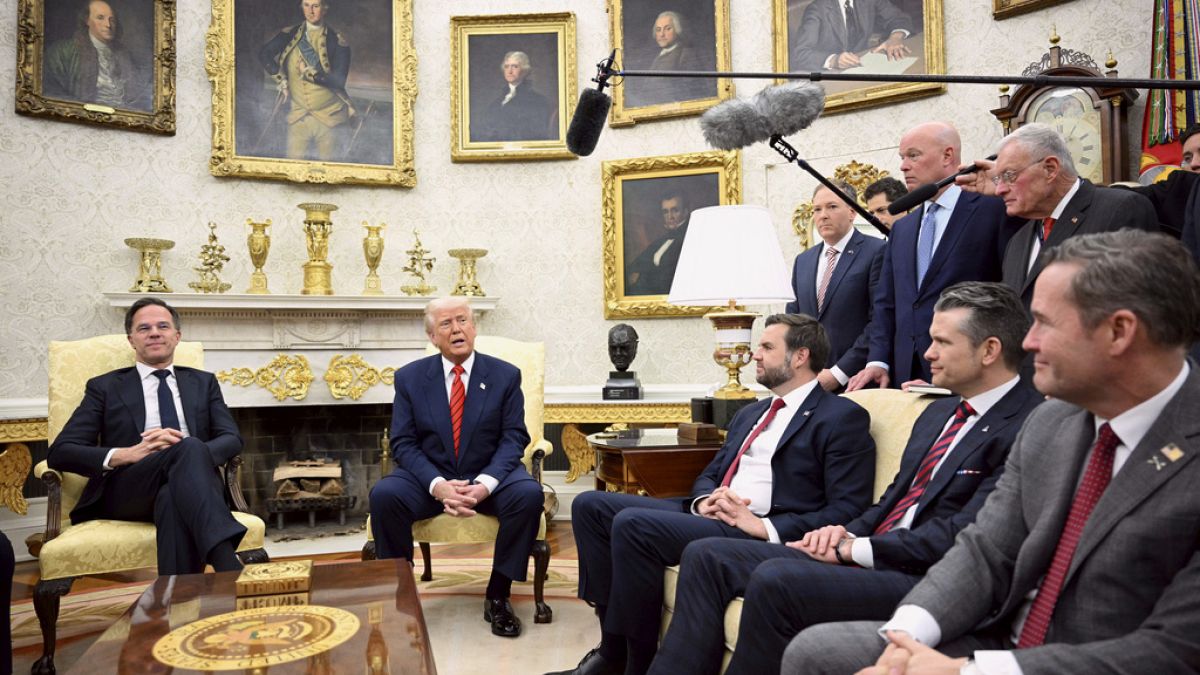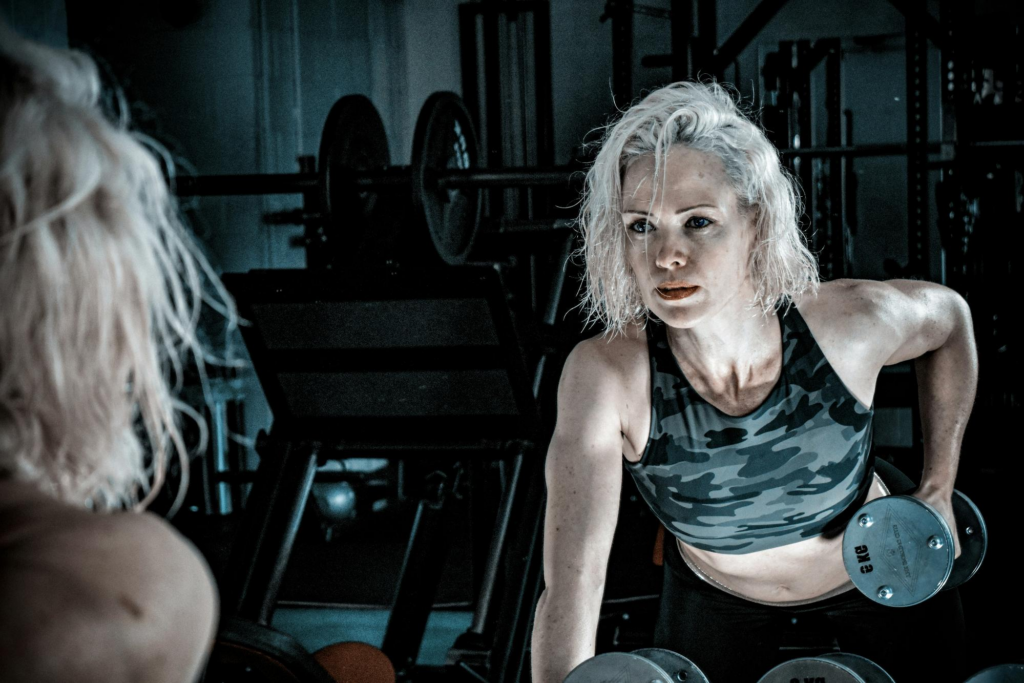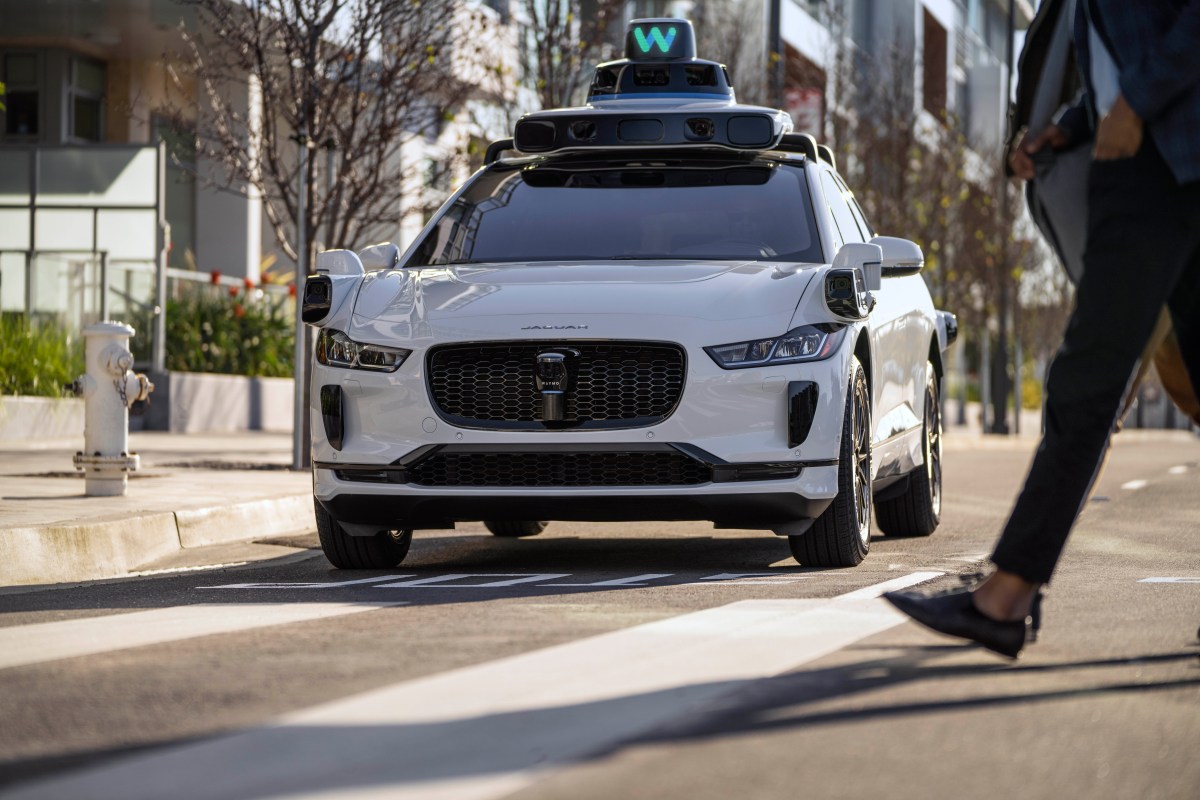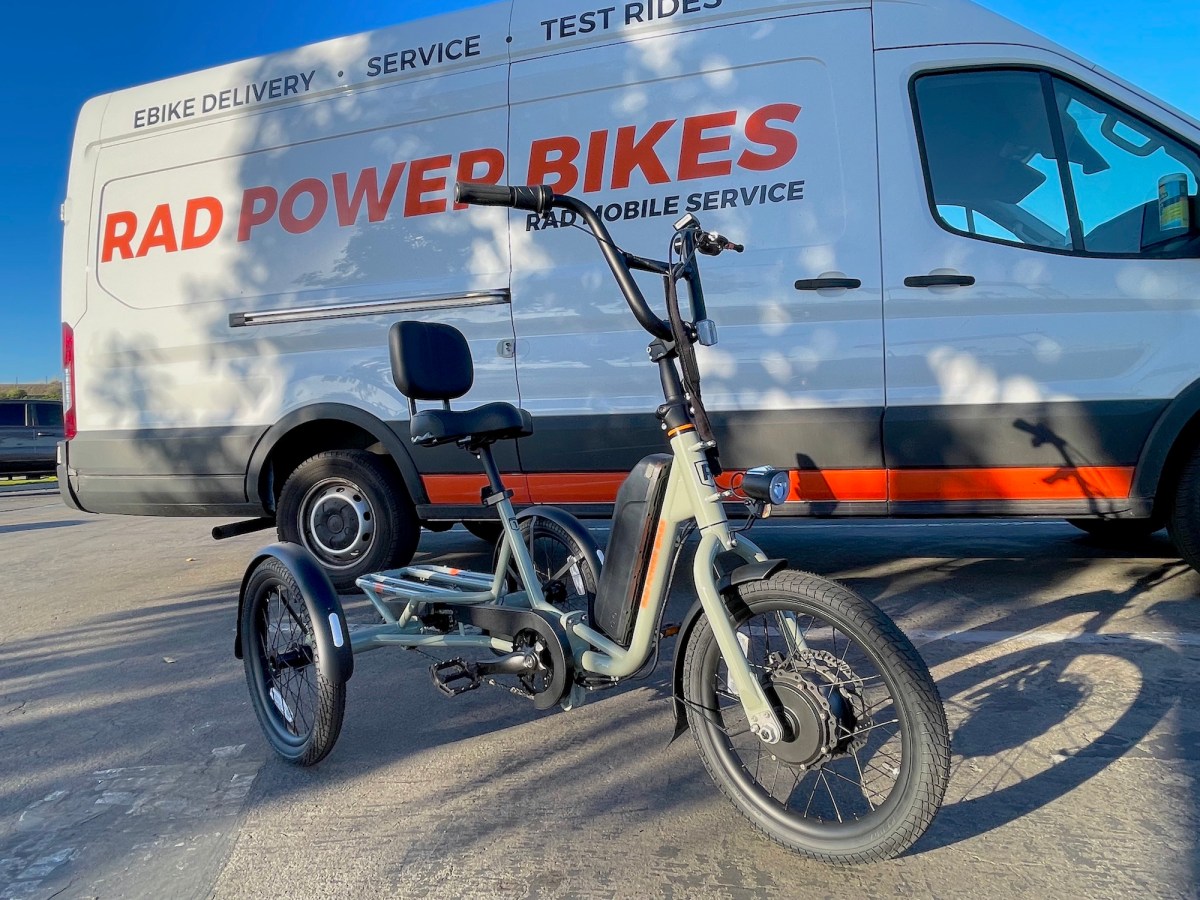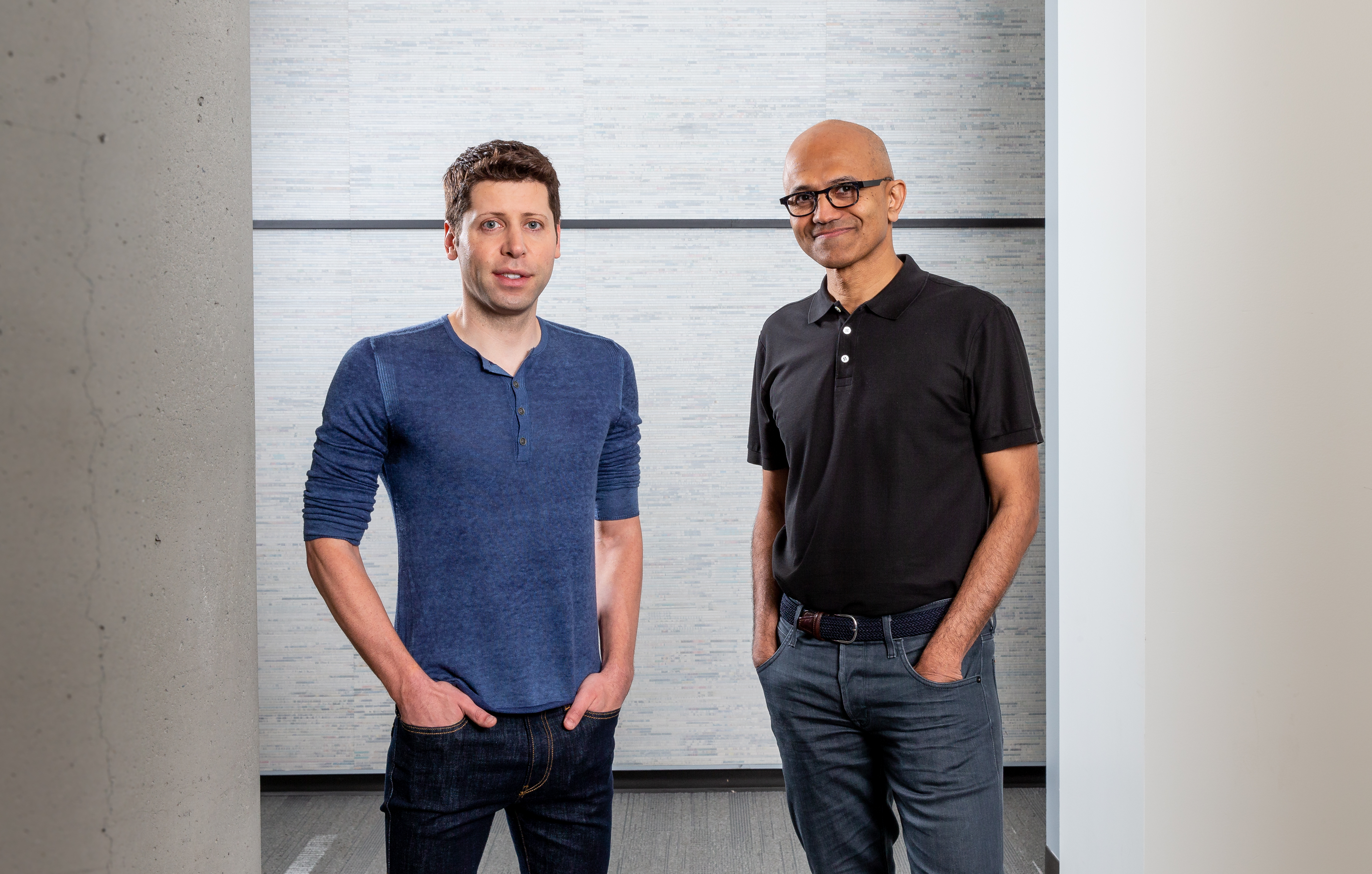Modern Office Cubicle Design: Trends Reshaping Workspaces
Once synonymous with unbearably rigid and monotonous work environments, the office cubicle may just see its possible renaissance. As businesses are adapting to newer and modern ways of work and employee well-being, cubicles, too, are taking different shapes for fitting into the demands of modern workspaces. Gone are the days of dull, isolated cubicles; today, […] The post Modern Office Cubicle Design: Trends Reshaping Workspaces appeared first on Entrepreneurship Life.
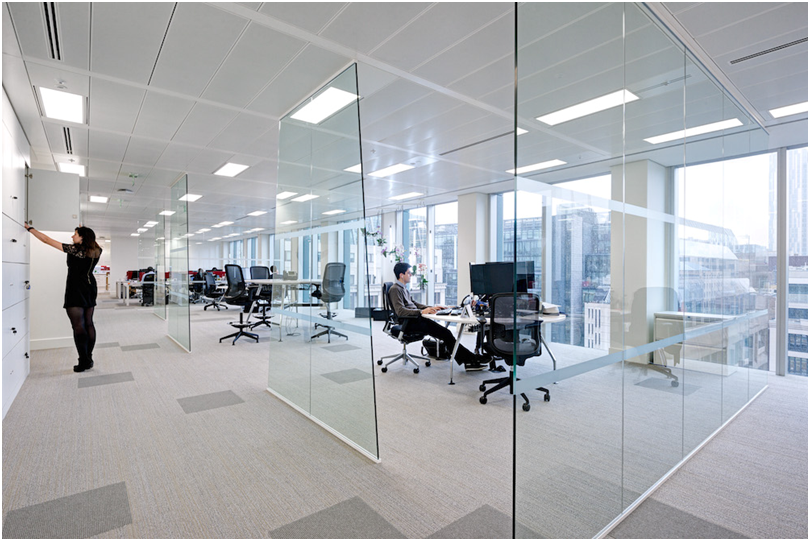
Once synonymous with unbearably rigid and monotonous work environments, the office cubicle may just see its possible renaissance. As businesses are adapting to newer and modern ways of work and employee well-being, cubicles, too, are taking different shapes for fitting into the demands of modern workspaces. Gone are the days of dull, isolated cubicles; today, designs are vibrant, flexible, and employees are at the center. This article examines the latest trends in modern office cubicle design that shape workspaces and truly improve productivity.

1. Open and Airy Configurations
The striking evolution in cubicle design relates to the trend for open and airy configurations. Gone are the days when cubicles were enclosed high-wall areas where one hardly felt any relation with the outside environment. Today, designers prefer the use of low-height partitions or transparent glass through which a certain amount of privacy may be maintained while still creating an airy atmosphere throughout the office.
The open configuration shapes shared feelings of companionship among employees and widens the communication channels for collaboration. This reduces physical barriers to workers, whereby businesses can strike a balance by creating an environment that is more inclusive and interactive without necessarily having to get rid of the benefits derived from individual workspaces.
How Office Design Can Boost Productivity
2. Biophilic Design Elements
Biophilic design is that which incorporates the natural environment into the built environment and continues to be increasingly popular for office cubicles. Exposure to nature has been shown to reduce stress, improve moods, and increase productivity. The new office cubicles now incorporate the biophilic aspect into their design by incorporating plants, natural wood finishes, and views of the outdoors.
Everything from potted desk plants to vertical gardens integrated into the cubicle’s walls helps to bring in greenery to these spaces. These natural touches not only help enhance the aesthetic appeal of a workspace but also contribute to making it healthier and more enjoyable to work in.
3. Ergonomic and Adjustable Features
Cubicles also don’t make an exception in modern office design, where the aspect of comfort for the employee is put first. The following are some ergonomic and adjustable features of cubicles that include, but are not limited to, attributes making workspaces comfortable and personalized to any particular staff member.
These are sit-stand desks that can be used by either sitting or standing, ergonomic chairs for good posture, and customizable monitor arms to reduce neck and eye strains. Keeping comfort and flexibility at the forefront, these designs minimize the potential workplace injury of employees and increase employees’ satisfaction.
4. Technology Integration
As technology is becoming an important aspect in all workplaces, modern cubicle designs have integrated more tech features to support them working with a digital workforce: in-situ power outlets, USB ports, wireless charging stations, and cable management systems that keep the workspaces tidy and functional.
Some of them now integrate intelligent technologies such as lighting and climate control that one can also personalize with apps or through voice. These technological enhancements, other than enhancing efficiency in performance, introduce comfort and responsiveness in the workplace.
Top Benefits of Office Interior Design
5. Acoustic Solutions for Privacy
While open office layouts have become popular, they always come with their challenges in terms of noise and privacy. The design of modern cubicles addresses these concerns by incorporating advanced acoustic solutions that reduce noise levels and allow a certain level of privacy in open-plan offices.
Acoustic panels, sound-absorbing materials, and white noise machines are part of the cubicle design features that help make workplaces quieter and focused. In fact, such features are of essence in industries related to confidentiality or heavy concentration, where workers need to work on delicate tasks without disturbance due to ambient noise.
6. Personalization and Customization
Workers nowadays are more individualistic and believe in giving a personal touch to the workplace. That is why cubicle designs also offer customization to enable workers to create a workspace that reflects their personality and style of working.
From the color scheme and materials to the storage solutions and decorative elements, employees today can have their say in how their cubicle is supposed to look and function. All these personal touches will go a long way in making the workspace pleasurable. They will create a feeling of ownership and pride, thus contributing to employee involvement and productivity.
7. Sustainability and Eco-Friendly Materials
Sustainability is at the heart of modern office design, and cubicles also reflect eco-friendly materials and processes in their design. It includes using recycled materials, sustainable materials, paints with low VOCs, and energy-efficient lighting.
Others are even going to the extent of choosing refurbished or remanufactured cubicles that reduce waste and minimize environmental impact caused by office furniture Miami. At this point, a business can also demonstrate various ways of ensuring environmental responsibility while creating a healthier workplace for employees.
Innovative Office Designs: Lighting Up Creativity
8. Spaces for Collaboration and Flexibility
This makes today’s workplace very dynamic, as sometimes the same employee might be working on some individual assignments and on other occasions collaborative projects. Due to this fact, cubicles in modern times have also become quite flexible; the layout is designed in a way that it can easily be reconfigured to accommodate different kinds of work.
These would be modular cubicles that could create private workstations or be opened up when larger team areas become necessary. This allows the business to flex and adapt to changing needs within the workspace, fostering further agile and collaborative work environments.
Conclusion
It goes to show that office cubicle design mirrors wider changes in the way we work. Today’s cubicle is no longer just a place to sit and work; it is a thoughtfully designed environment. In modern work environments, the focus is on employees’ well-being, collaboration, and sustainability. These trends now make it possible for businesses to create workspaces that are not only functional but also inspirational and productive.
As work itself gets reimagined, so does the design of our workplaces. The modern office cubicle speaks to the power of innovative design in updating even the most classic components of the workplace for today’s fast-paced and ever-changing environment.
The post Modern Office Cubicle Design: Trends Reshaping Workspaces appeared first on Entrepreneurship Life.
What's Your Reaction?


















